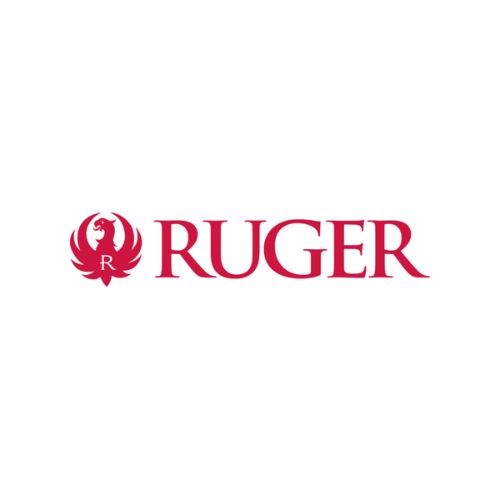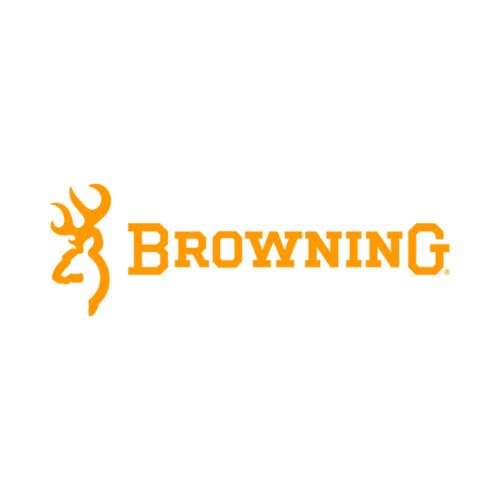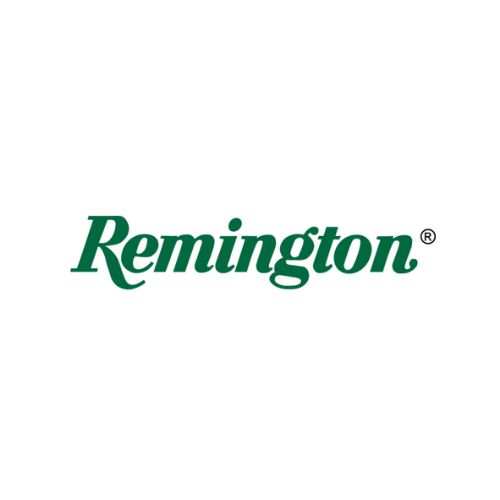In the United States, waterfowl hunting regulations strictly prohibit the use of lead shotgun pellets due to their environmental and health hazards. Instead, hunters must use non-toxic shot alternatives approved by the U.S. Fish and Wildlife Service (USFWS). Below is a detailed overview of the types of shotgun pellets allowed for waterfowl hunting in the U.S.:
Approved Non-Toxic Shotgun Pellets
-
Steel Shot
- Description: Steel is the most widely used and affordable non-toxic alternative. It is made from iron and carbon, making it durable and resistant to corrosion.
- Performance: Steel shot is effective at shorter ranges but loses energy faster than denser materials. Hunters often need to use larger shot sizes to compensate for its lower density.
- Cost: Relatively inexpensive compared to other non-toxic options.
-
Bismuth Shot
- Description: Bismuth is a dense, non-toxic alloy made from bismuth and tin. It is softer than steel, making it safer for older shotguns.
- Performance: Bismuth performs similarly to lead in terms of density and ballistic properties, offering better range and penetration than steel.
- Cost: More expensive than steel but less costly than tungsten.
-
Tungsten-Based Shot
- Description: Tungsten is one of the densest materials available, offering superior performance. Common types include tungsten-iron, tungsten-polymer, and tungsten-matrix.
- Performance: Tungsten shot provides excellent penetration, energy retention, and tight patterns, making it ideal for long-range shooting.
- Cost: Significantly more expensive than steel and bismuth.
-
Other Approved Options
- Tin Shot: Less common but approved for use. It is non-toxic and has a high density.
- Copper-Plated Shot: Steel shot coated with a thin layer of copper, offering improved performance for larger waterfowl.
Why Lead Shot is Prohibited
- Environmental Impact: Lead pellets can contaminate water and soil, posing a risk to waterfowl and other wildlife. Birds often ingest lead pellets, leading to poisoning and death.
- Health Risks: Lead poisoning can weaken birds' immune systems, cause reproductive issues, and even affect humans who consume contaminated game.
- Regulations: The USFWS banned lead shot for waterfowl hunting in 1991 under the Migratory Bird Treaty Act to protect ecosystems and wildlife.











